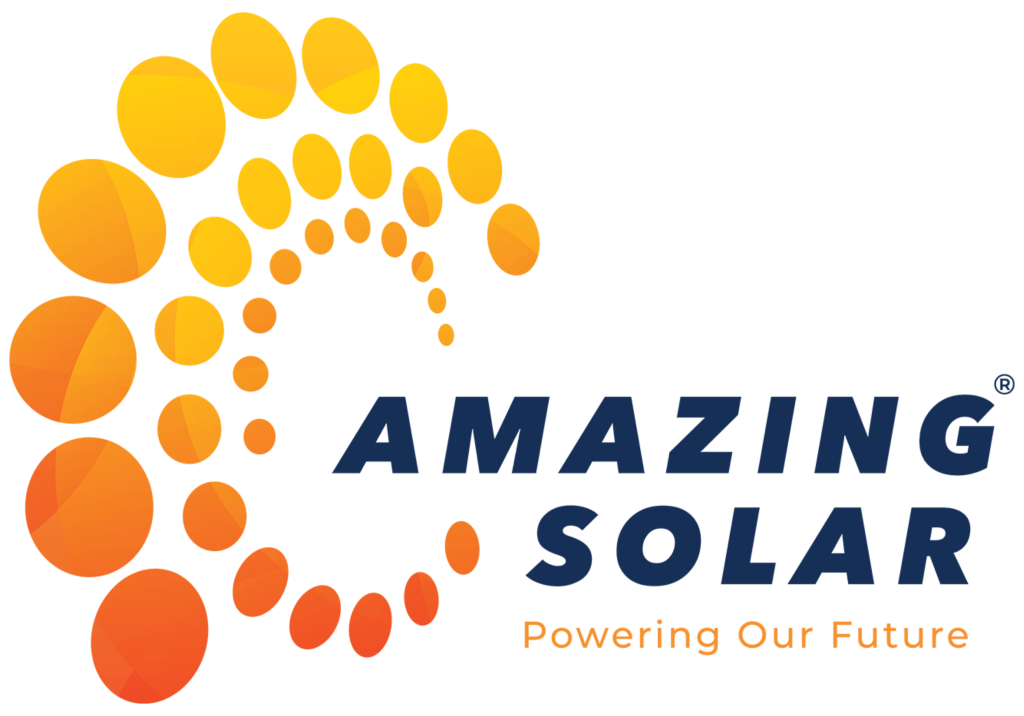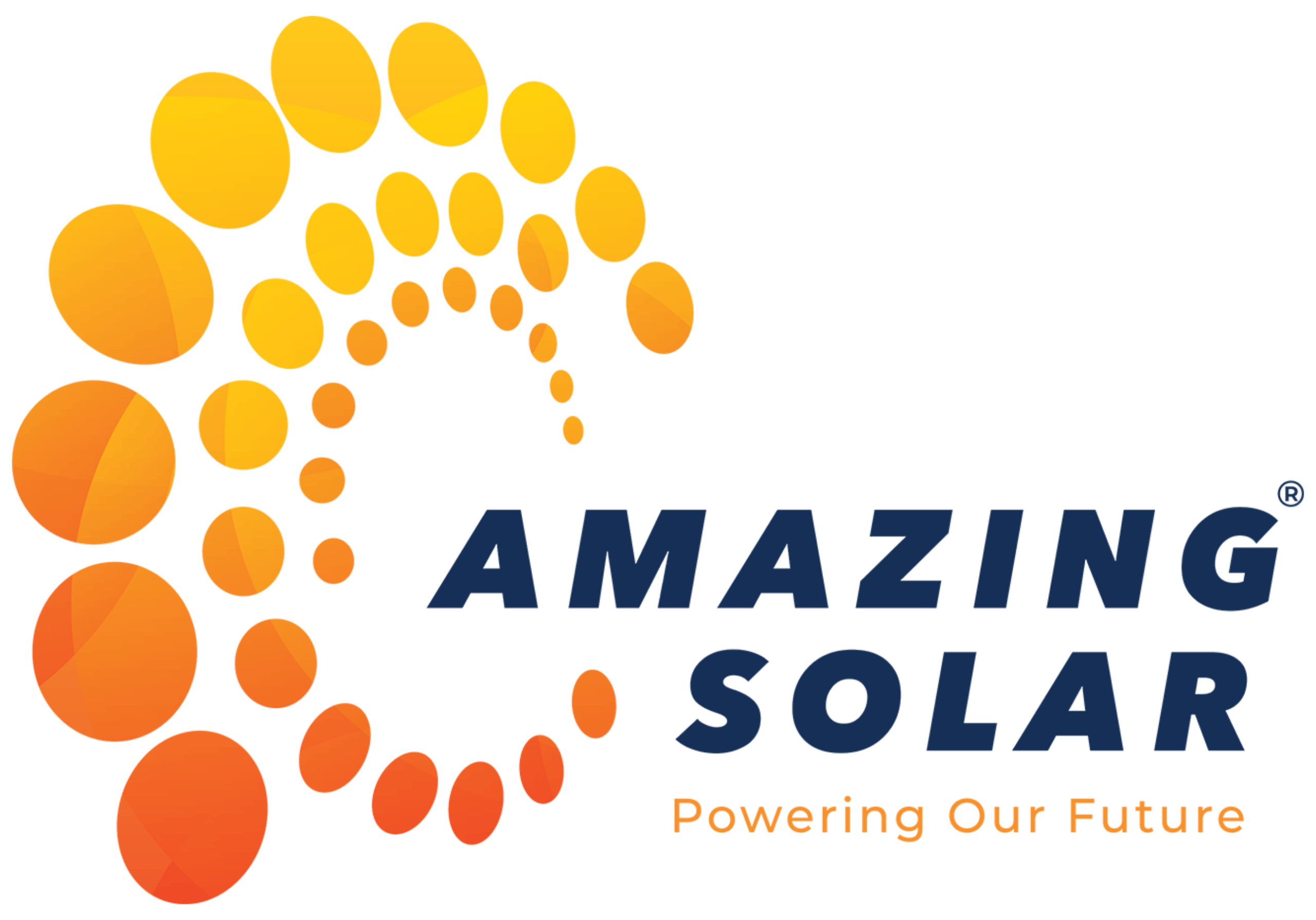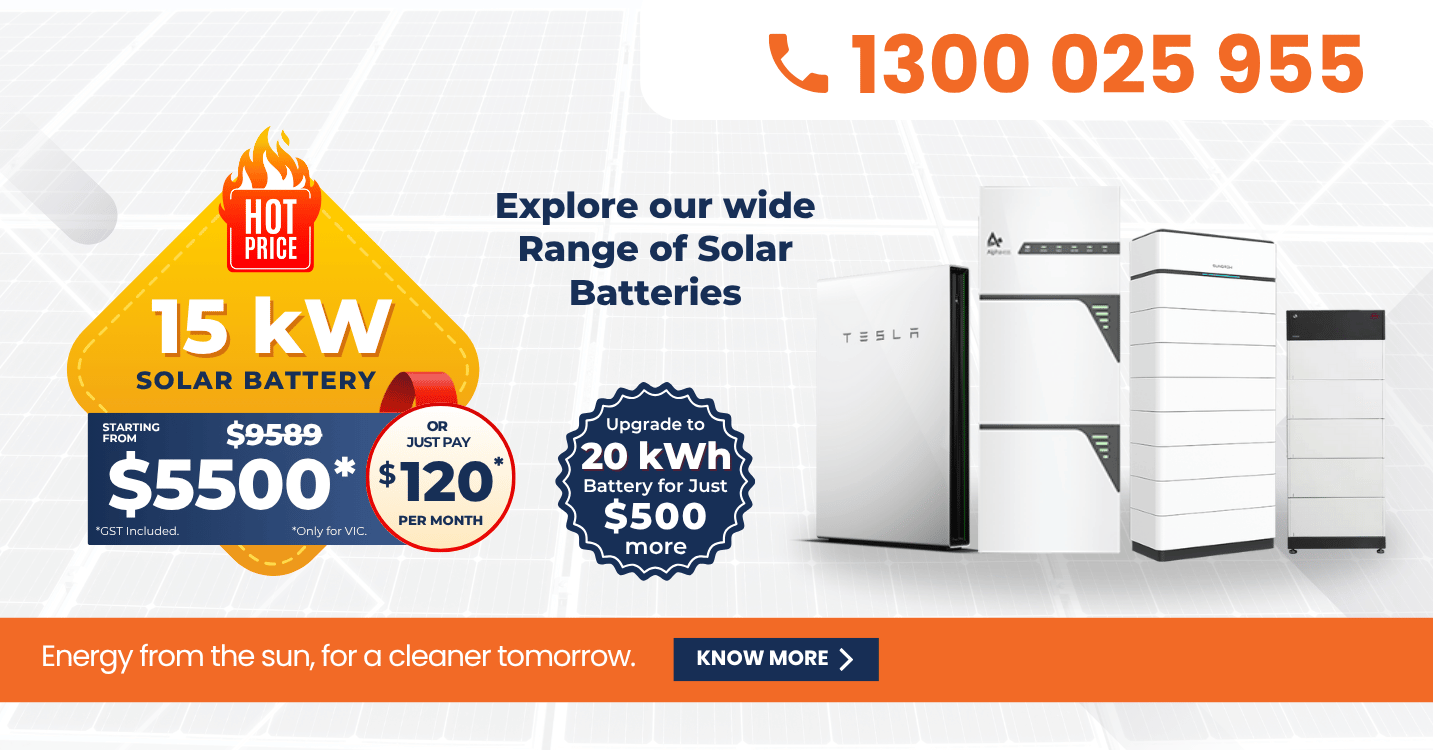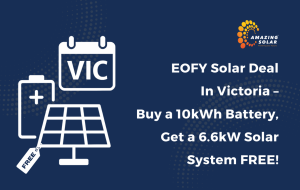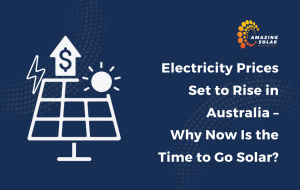Solar batteries are becoming increasingly popular in Australia as homeowners look to reduce their reliance on the grid and save money on their energy bills. However, with so many different types of solar batteries on the market, it can be difficult to know which one is right for you.
In this blog post, we will compare the pros and cons of four of the most popular solar batteries in Australia: lead-acid batteries, lithium-ion batteries, flow batteries, and nickel cadmium batteries.
Lead-acid batteries
Lead-acid batteries are the most common type of solar battery in Australia. They are relatively affordable and have a long lifespan. However, they are also heavy and bulky, and they require regular maintenance.
Pros:
- Affordable
- Long lifespan
- Widely available
- Easy to install
Cons:
- Heavy and bulky
- Requires regular maintenance
- Low energy efficiency
- Not as long-lasting as lithium-ion batteries
Lithium-ion batteries
Lithium-ion batteries are the most advanced type of solar battery on the market. They are lightweight, have a high energy density, and require very little maintenance. However, they are also more expensive than lead-acid batteries.
Pros:
- Lightweight and compact
- High energy density
- Low maintenance
- Long lifespan
- Ideal for off-grid applications
Cons:
- Expensive
- Not as widely available as lead-acid batteries
- More complex to install
Flow batteries
Flow batteries are a relatively new type of solar battery that is gaining popularity in Australia. They are made up of two tanks of liquid electrolytes, and they can be scaled to meet the needs of any home or business. However, they are also more expensive than lead-acid and lithium-ion batteries.
Pros:
- Scalable to meet any need
- Long lifespan
- Low maintenance
- Can be used in both grid-tied and off-grid applications
Cons:
- Expensive
- Not as widely available as lead-acid and lithium-ion batteries
- Complex to install
Nickel cadmium batteries
Nickel cadmium batteries are a type of solar battery that is no longer widely used in Australia. They are more expensive than lead-acid batteries and have a shorter lifespan. However, they are more resistant to deep discharge than lead-acid batteries.
Pros:
- Resistant to deep discharge
- Long lifespan
- Widely available
- Easy to install
Cons:
- Expensive
- Not as energy efficient as lead-acid or lithium-ion batteries
- Shorter lifespan than lead-acid or lithium-ion batteries
Which solar battery is right for you?
The answer depends on your individual needs and budget. If you are looking for an affordable and long-lasting solar battery, a lead-acid battery may be a good option for you. If you are looking for a lightweight and high-efficiency solar battery, a lithium-ion battery may be a better choice. And if you are looking for a solar battery that can be scaled to meet your needs, a flow battery may be the best option.
Conclusion
Solar batteries are a great way to reduce your reliance on the grid and save money on your energy bills. By comparing the pros and cons of different solar batteries, you can choose the right one for your individual needs and budget.


